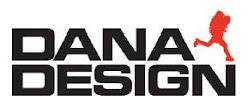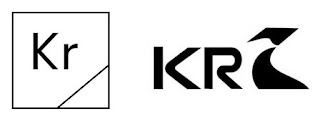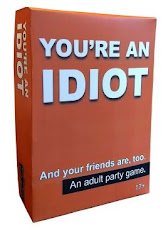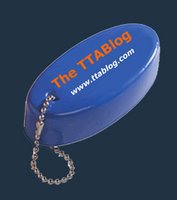The CAFC affirmed the TTAB's decision [TTABlogged here], sustaining an opposition to registration of the mark LEHMAN BROTHERS for beer, spirits, and bar and restaurant services, on the ground of likelihood of confusion with the identical mark used for various financial services. The appellate court also upheld the dismissal of Appellant Tiger Lily's counterclaims challenging Barclays' application to register the mark for financial services on the grounds of lack of bona fide intent, likelihood of confusion, and fraud. Tiger Lily Ventures Ltd. v. Barclays Capital Inc. and Barclays PLC, 2022 USPQ2d 513 (Fed. Cir. 2022) [precedential].

Barclays purchased the LEHMAN BROTHERS mark in 2008, after Lehman Brothers declared bankruptcy. Barclay then licensed the mark back to Lehman Brothers in connection with certain of the latter's retained operations. Tiger Lily filed its application to register on March 6, 2013, and Barclays applied to register the same mark for financial services on June 2, 2014.
Barclays had let the registrations for the mark lapse, and so Tiger Lily alleged that Barclays abandoned its mark, thereby making the mark available for Tiger Lily’s adoption and use and negating Barclays’ claim of priority. The Board found, however, that Barclays still possessed prior common law rights in the mark.
The CAFC first considered the Board's findings on abandonment and priority, ruling that substantial evidence supported the Board's conclusion that the LEHMAN BROTHERS mark had not been abandoned. The "decisive factor" was Tiger Lily's acknowledgement that the mark has been continuously used in the winding up of the affairs of at least one Lehman Brothers' affiliated company. Thus, Tiger Lily "essentially concedes that it cannot prove the 'nonuse' element" of its abandonment claim. Tiger Lily asserted that the bankruptcy proceedings will eventually end and Lehman Brothers will not emerge as a continuing enterprise, but the CAFC found this irrelevant, since use has not yet been discontinued. As to priority, since Barclays has not abandoned the mark, it enjoys priority.

Tiger Lily also challenged the Board's finding of likelihood of confusion, claiming that the Board committed a number of errors. The CAFC observed that the identity of the marks weighs heavily in the Section 2(d) analysis. As to the similarity of the involved goods and services, Barclays introduced extensive evidence of companies that have promoted financial services through use of their trademarks for alcohol, food, and beverages. Moreover, Lehman Brothers used its mark in connection with whisky and alcoholic beverages.
As a highly famous mark, LEHMAN BROTHERS merits a broad scope of protection. Although Tiger Lily may not be "actively 'confusing' consumers" it is seeking to take advantage of the fame of the LEHMAN BROTHERS mark.
Tiger Lily attempts to draw a distinction between "consumer recognition" as compared with "goodwill," and argues that it is actually trying to trade on the "bad will" associated with the LEHMAN BROTHERS mark. *** But we find no legal support for these subtle distinctions, and we thus find that Tiger Lily's attempts to capitalize on the fame of the LEHMAN BROTHERS mark weighs in favor of finding a likelihood of confusion.
In sum, substantial evidence supported the Board's DuPont findings regarding likelihood of confusion. "Moreover, Tiger Lily's attempt to benefit from the fame of the LEHMAN BROTHERS mark 'plays a dominant role in the process of balancing the DuPont factors."
With respect to Tiger Lily's lack-of-bona-fide intent claim, in light of the continuous use of the LEHMAN BROTHERS mark since 2008 and Barclays' capacity to offer financial services, the Board's finding that Tiger Lily failed to prove a lack of bona fide intent was supported by substantial evidence. Since Tiger Lily's fraud claim was predicated on Barclays' alleged lack of bona fide intent, it too failed.
And so, the CAFC affirmed the Board's decision with respect to Tiger Lily's appeal. Barclay's cross-appeal on the issues of Section 2(a) false association, dilution, and lack of bona fide intent was dismissed because Barclays cannot appeal from a judgment in which it prevailed.
See Rule 2.81 of the Rules of Practice of the U.S. Court of Appeals for the Federal Circuit.
Read comments and post your comment here.
TTABlogger comment: Why should Tiger Lily's intent play any role in the likelihood of confusion analysis?
Text Copyright John L. Welch 2022.












































